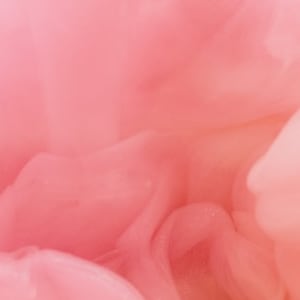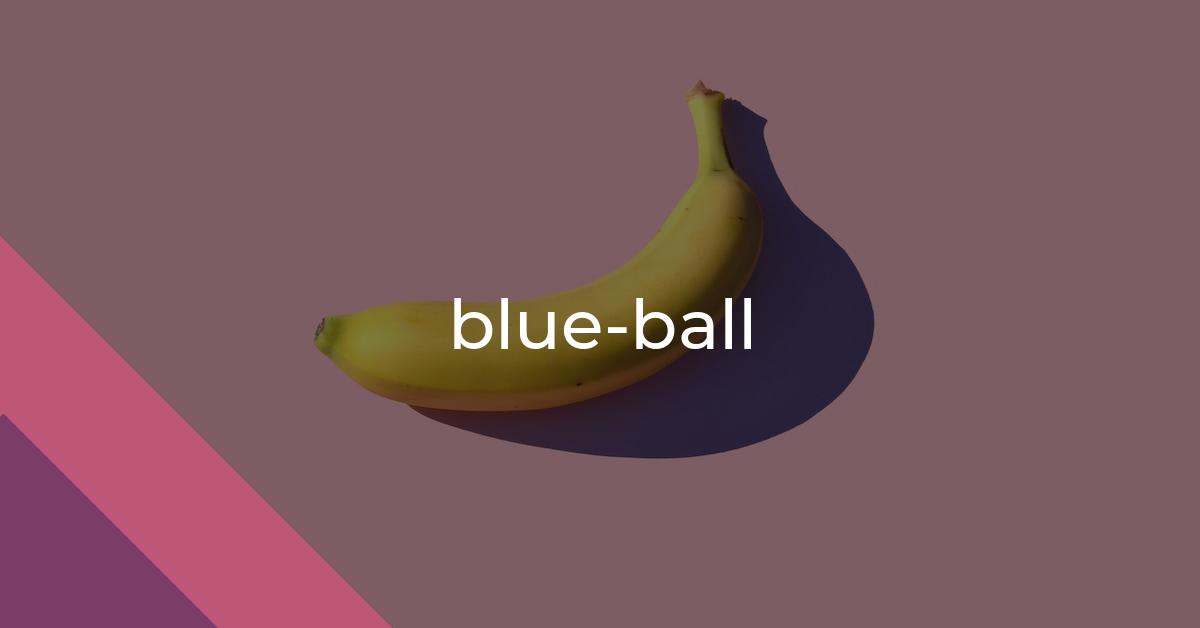blue-ball: Idiom Meaning and Origin
What does ‘blue-ball’ mean?
The idiom "blue-ball" refers to the feeling of sexual frustration or disappointment when one is aroused but does not receive sexual gratification. This term is often used informally to describe a situation where someone's hopes or expectations are not met.

Idiom Explorer
The idiom "suck my balls" is a vulgar and offensive way to express anger or defiance towards someone, usually accompanied by a dismissive or confrontational attitude. It refers to a provocative demand for oral sexual activity as a means of asserting dominance or contempt.
The idiom "let down" means to disappoint or fail to fulfill someone's expectations or hopes.
The idiom "jerkoff" is a vulgar slang term used to describe someone who is considered foolish, stupid, or annoying. It is an insult that implies a lack of intelligence or worthlessness.
The idiom "jerk off" is a vulgar slang phrase that refers to the act of masturbating. It is considered offensive and inappropriate in formal or polite contexts.
The idiom "in the sack" is used to describe being in a sexual relationship with someone or to refer to engaging in sexual activity.
An idiom used to describe someone who is in an emotional or mental state of extreme agitation, distress, or confusion.
The idiom "hot and bothered" means to be agitated, flustered, or excited, often due to stressful or challenging circumstances.
The idiom "have the blues" means to be feeling sad or depressed, often without a specific reason. It is often associated with a feeling of melancholy or a low mood.
The idiom "have a ball" means to have a great time or enjoy oneself immensely.
The idiom *ground ball with eyes* refers to a baseball hit that bounces close the ground and narrowly avoids being caught by fielders. It is used metaphorically to describe something difficult to catch or control.
Linguistic Enigma
Blue-ball is a commonly used idiom in informal American English. It represents the frustration and disappointment that comes from not obtaining something desired, often in a romantic or sexual context. This idiom originated from American slang in the mid-20th century, following a pattern of using color in idiomatic expressions to symbolize emotions and sensations. In this case, "blue" signifies sadness, disappointment, or frustration, while "ball" refers to the physical discomfort associated with sexual arousal without release.
The exact origins of the phrase are uncertain, but it gained popularity in mainstream culture during the 1970s and 1980s, particularly among young adults. It became associated with adolescent and college experiences, especially related to dating and sexual encounters.
This idiom has firmly entrenched itself in contemporary American English, appearing in informal conversations, popular media, and literature. Its widespread use demonstrates its ability to capture a specific emotional and physical experience that resonates with people from different backgrounds.
When someone "has the blues," it means they are feeling sad or depressed. This idiom originated from the association of the color blue with sadness or melancholy. The phrase "have the blues" can be related to blue-ball in terms of the emotional state they represent. Both idioms reflect feelings of disappointment, frustration, or unhappiness.
Another related idiom is "suck my balls," which is a crude and vulgar expression used to dismiss or tell someone off. Although the phrase is offensive and disrespectful, it does share a commonality with blue-ball in terms of referring to the male genitalia. However, unlike blue-ball, "suck my balls" is not commonly used in polite or formal conversation.
The idiom blue-ball has become deeply ingrained in the American lexicon, symbolizing the frustration and disappointment that arise when desires remain unfulfilled. Its roots in American slang and its enduring usage highlight its ability to capture a universal human experience. Additionally, idioms like "have the blues" and "suck my balls" share emotional or linguistic connections to blue-ball, further showcasing the diverse ways idiomatic expressions manifest in language and culture.
Example usage
Examples of how the idiom "blue-ball" can be used in a sentence: 1. After waiting for hours, he was blue-balled when his favorite band canceled the concert. 2. The movie's ending left the audience feeling blue-balled because it didn't resolve any of the plotlines. 3. She felt blue-balled when her date suddenly canceled their plans at the last minute.
The idiom "blue-ball" is typically used to describe a feeling of disappointment or frustration when something anticipated or expected does not happen or does not meet one's expectations. It originates from the phrase "blue balls," which refers to a physical sensation of discomfort in the genitals caused by prolonged sexual arousal without release. In the context of the idiom, it is figuratively used to convey a similar feeling of emotional or psychological frustration.
More "Sexual" idioms



